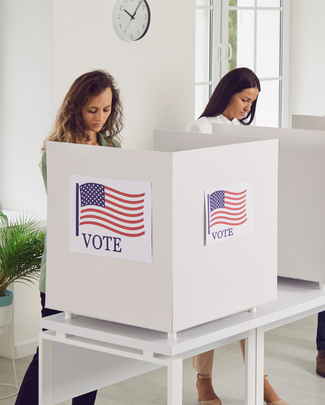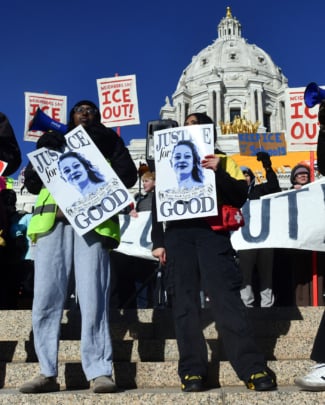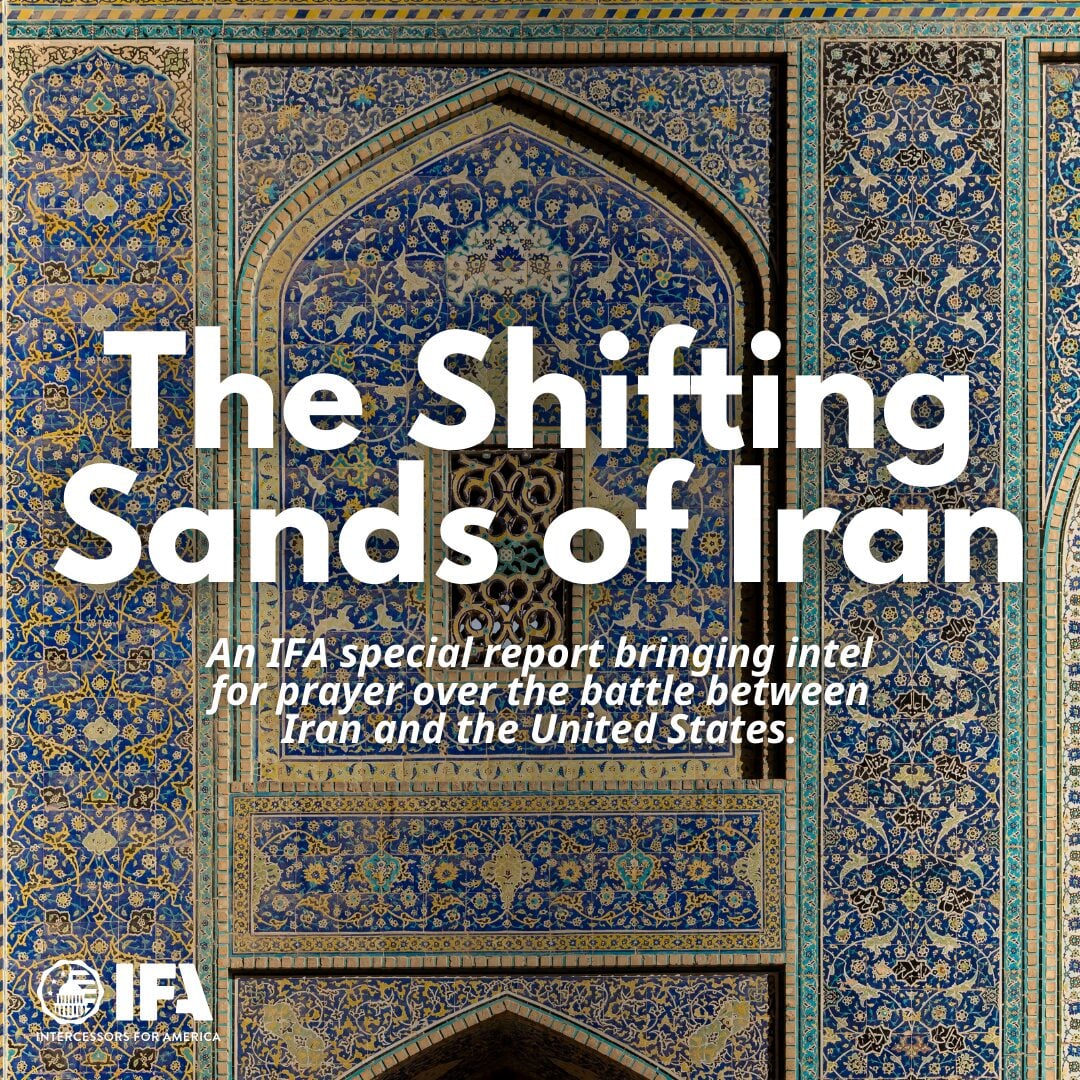THE FIGHT TO KEEP CALIFORNIA FROM MISUSE OF CHARITABLE DONORS
CARTELS NOW CONTROL 40% OF MEXICO
HAS BIDEN KEPT HIS PROMISES?
PARENTS STAND UP TO FIGHT TEXAS SCHOOL TRYING TO INSTITUTIONALIZE RACISM
SHOULD GEORGIANS DEMAND AN AUDIT OF 2020 ELECTION RESULTS?
THE FIGHT TO KEEP CALIFORNIA FROM MISUSE OF CHARITABLE DONORS
California’s demand for donor data appears to be in trouble. At least that’s what many observers sense after the U.S. Supreme Court heard oral arguments in a key First Amendment freedom case that many IFA readers prayed for last month.
A pair of lawsuits against California — one from Americans for Prosperity (AFP) and another from Thomas More Law Center (TMLC) — came before the court Monday. Both contest a mandate forcing charities to turn over sensitive information about their major supporters. The state requires unredacted “Schedule B” forms that nonprofits file with the IRS annually showing names, addresses, and gift amounts of their donors contributing $5,000 or more in a year.
California suggests that its policy, which began being enforced about a decade ago when now-Vice President Kamala Harris was the state’s attorney general, is needed to help fight fraudulent activities and protect charitable givers. But AFP and TMLC contend that the mandate threatens their supporters’ freedoms of speech and association that are guaranteed in the Bill of Rights.
Actually, during oral arguments this week, AFP’s attorney Derek Shaffer was more blunt. He called it “a totally gratuitous First Amendment intrusion.”
Similarly, John Bursch, an Alliance Defending Freedom (ADF) senior counsel representing TMLC, argued in The Hill that California hasn’t actually used Schedule B forms in investigations and — should it need one — it hasn’t had a problem getting one through targeted requests. Bursch said, “The policy’s only purpose is to force innocent nonprofits to disclose their donors’ private information so California can collect it.”
AFP and TMLC are both conservative groups, and some powerful voices have attempted to paint this case as a partisan battle primarily about political campaign contributions. But it’s actually quite notable the diversity of groups that believe California has overstepped. Certainly, the justices saw that, and Justice Brett Kavanaugh specifically highlighted the “impressive array of amicus briefs supporting the petitioners here across the ideological spectrum.”
Justice Clarence Thomas zeroed in on one of those briefs from the NAACP and some of its progressive allies like the ACLU and Human Rights Campaign. NAACP’s voice is particularly significant in this case given its landmark win against Alabama in 1958 after that state had attempted to coerce disclosure of the group’s members. Thomas quoted NAACP’s comments in this case stating, “The right of anonymity is an incident of a civilized society and a necessary adjunct to freedom of association and to full and free expression in a democratic state.”
Justice Samuel Alito also pointed to the NAACP brief, highlighting that it seemed to say the court should regard the state’s system as one of “de facto public disclosure because there have been such massive confidentiality breaches in California.”
The high court’s liberal justices appeared more open to California’s arguments. However, Justices Sonia Sotomayor and Elena Kagan also expressed concern with the state’s repeated failures to properly secure the sensitive information they demanded. Kagan asked how California expected to achieve a total win after a district court found “a pervasive recurring pattern of inadvertent disclosure by California” and “that the donors would likely be subject to threats and harassment if their affiliations were disclosed.”
This Golden State mandate appears to be in a precarious spot, but — if that is indeed the case — it is still unclear whether the Supreme Court might take a broad constitutional or a more nuanced situational approach to dealing with it.
Will you continue to pray? As ADF’s Bursch said after the oral arguments, “Every American should be free to peacefully support causes they believe in without fear of harassment or intimidation.”
A ruling is anticipated in June.
Aaron Mercer is a Contributing Writer with two decades of experience in Washington, D.C.’s public policy arena. He reflects on faith, technology, and the public square at FTPolicy.com. (Photo Credit: Canva.)
How will you pray for your constitutional freedom of association to be defended?
Partner with Us
Intercessors for America is the trusted resource for millions of people across the United States committed to praying for our nation. If you have benefited from IFA's resources and community, please consider joining us as a monthly support partner. As a 501(c)3 organization, it's through your support that all this possible.


We use cookies to ensure that we give you the best experience on our website. If you continue to use this site we will assume that you are happy with it. Privacy Policy





Comments
No comments have been posted yet; you can be the first!